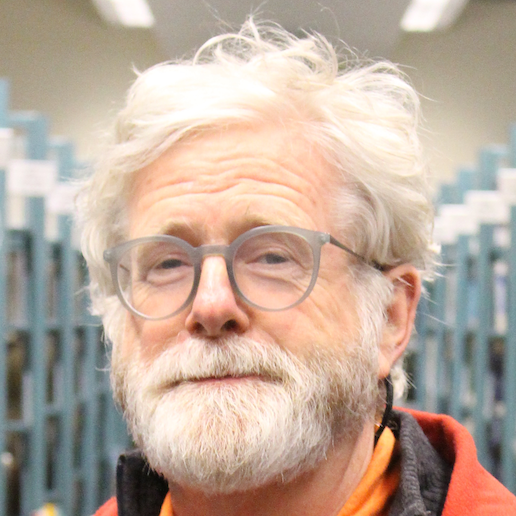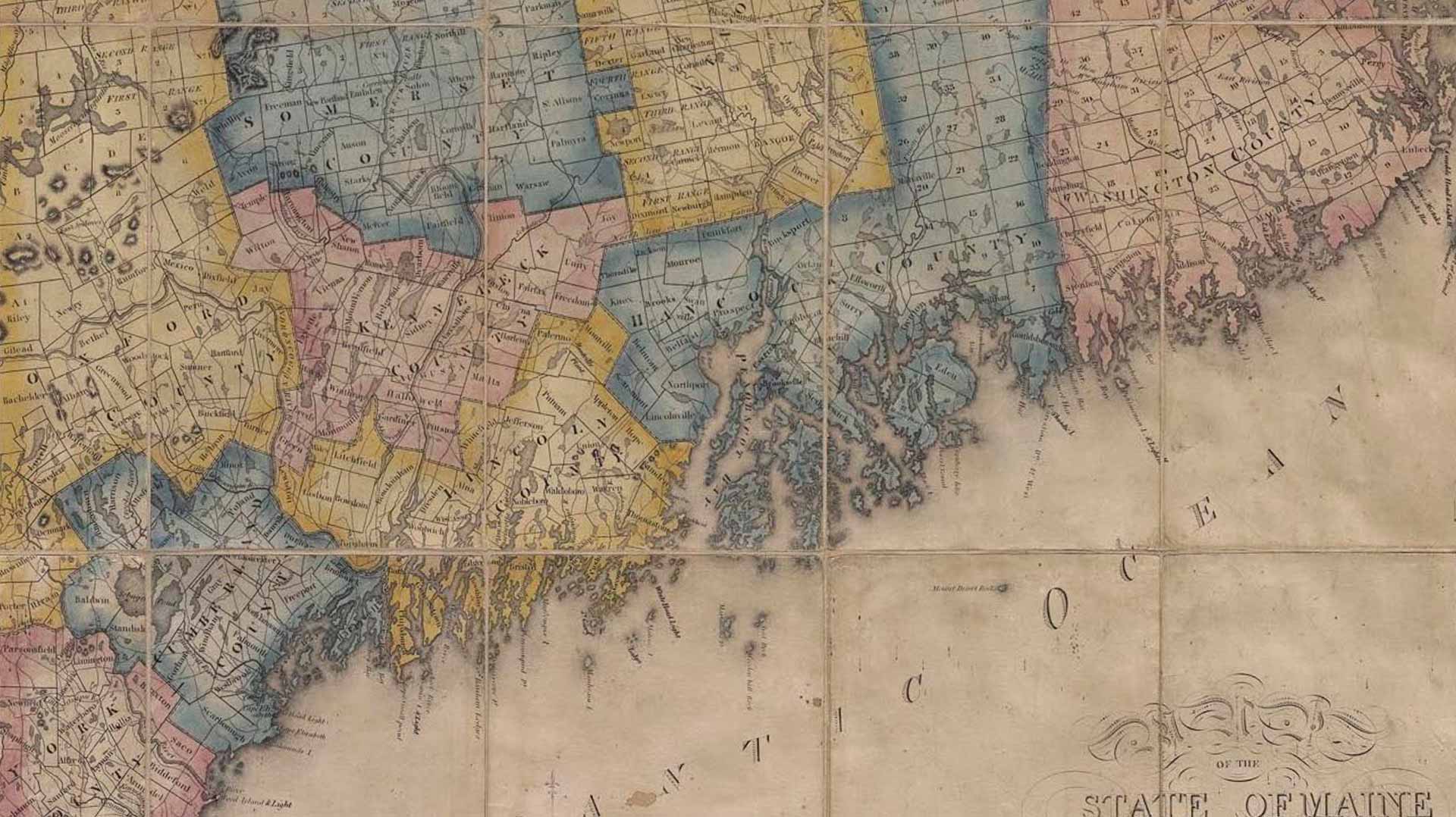Professor in Philosophy, Peace Studies, Language Learning, and Artificial Intelligence, College of the Atlantic
he/him
Gray Cox teaches philosophy, peace studies and language learning at College of the Atlantic and is a cofounder and Clerk of the Quaker Institute for the Future. Works include: The Ways of Peace: A Philosophy of Peace as Action; The Will at the Crossroads: A Reconstruction of Kant’s Moral Philosophy; and A Quaker Approach to Research: Collaborative Practice and Communal Discernment. His most recent book is: Smarter Planet or Wiser Earth? Dialogue and Collaboration in the Era of Artificial Intelligence. Besides being available wherever books are sold it can also be downloaded in a free Creative Commons version. He is also a singer/songwriter and lives with his wife at the edge of Acadia National Park where they garden and go adventuring with their grandchildren.

Talks
Nonviolent Alternatives in National Struggles and International Relations
Since their initial use in South Africa and India in the early 20th Century, nonviolent methods of struggle and social change have developed in a variety of forms and have brought about dramatic transformations in Eastern Europe, Latin America, the United States, the Middle East and elsewhere.
What does current research suggest are the strengths and limitations of such methods compared with violent methods of social change and military methods of settling international disputes — and what roles may they play in the future?
Artificial Intelligence and the Way Life Should Be: Making AI in Maine Wiser, Not Just Smarter
How can we enjoy opportunities Artificial Intelligence offers for schools, hospitals, wildlife conservation, and other life systems while avoiding challenges and potential serious threats? How can we design and manage AI systems in our communities for paths to spirit-led, collaborative wisdom and partnerships between researchers, activists, and community members that assure every voice is heard and every form of intelligence is integrated in dialogues in which we create knowledge and make decisions? Discussion will focus on answers Cox offers in his new book, Smarter Planet or Wiser Earth? Dialogue and Collaboration in the Era of Artificial Intelligence.
Threats to National Security Posed by Artificial Intelligence and Robotics
Entrepreneur Elon Musk has said: “I think we should be very careful about artificial intelligence. If I had to guess at what our biggest existential threat is, it’s probably that.” Scientist Stephen Hawking has noted: “success in creating AI could be the biggest event in human history,” but cautioned that “it might also be the last, unless we learn how to avoid the risks,” warning before long this technology may be “outsmarting financial markets, out-inventing human researchers, out-manipulating human leaders, and developing weapons we cannot even understand”. He commented further, with others, in a HuffPost column that: “If a superior alien civilization sent us a text message saying, “We’ll arrive in a few decades,” would we just reply, “OK, call us when you get here — we’ll leave the lights on”? Probably not — but this is more or less what is happening with AI. Although we are facing potentially the best or worst thing ever to happen to humanity, little serious research is devoted to these issues outside small non-profit institutes . . . “What are the range of security issues at stake and how can they best be addressed?

